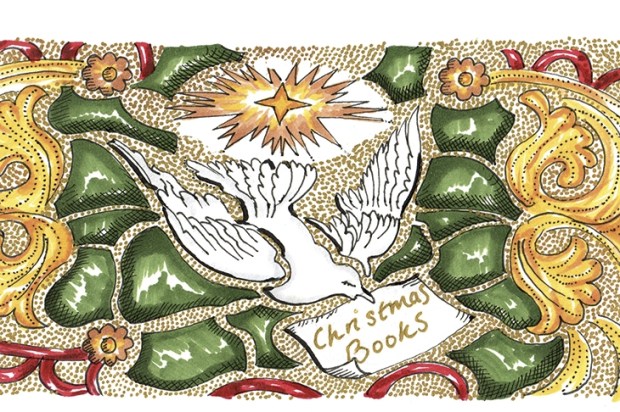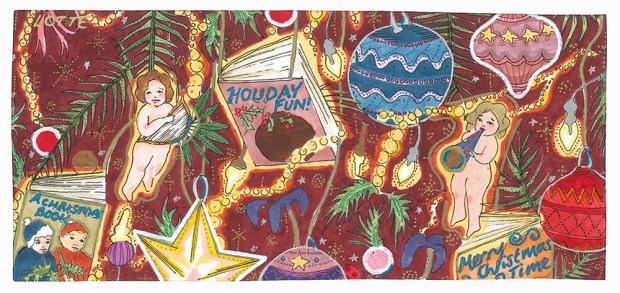Andrew Lycett
Describing how individuals get drawn, often haphazardly, into a bloody conflict such as the English Civil War is not an easy task. But Jessie Childs manages it superbly in The Siege of Loyalty House (Bodley Head, £25), which tingles with a discerning historical imagination.
Lily Dunn’s memoir Sins of My Father (Weidenfeld & Nicolson, £16.99),
Already a subscriber? Log in
Subscribe for just $2 a week
Try a month of The Spectator Australia absolutely free and without commitment. Not only that but – if you choose to continue – you’ll pay just $2 a week for your first year.
- Unlimited access to spectator.com.au and app
- The weekly edition on the Spectator Australia app
- Spectator podcasts and newsletters
- Full access to spectator.co.uk
Or
Unlock this article
You might disagree with half of it, but you’ll enjoy reading all of it. Try your first month for free, then just $2 a week for the remainder of your first year.














Comments
Don't miss out
Join the conversation with other Spectator Australia readers. Subscribe to leave a comment.
SUBSCRIBEAlready a subscriber? Log in